
That One Brutal Question Everyone Asks
Over the years, I’ve put out a lot of creative work: three books, five business ventures, a PhD dissertation, tons of paintings and digital art, university courses, countless articles, interviews, websites, blog posts, etc. On and on. Yet despite this output, I’ve been plagued with a question for as long as I can remember.
It’s one that we hear all the time these days, one that’s so familiar it’s honestly become a cliché. It’s the big question of new age gurus and motivational coaches and billionaire entrepreneurs alike. Many of us have internalized it to the point that we ask it to ourselves constantly, obsessively – and judge ourselves by the ability to come up with an answer. Do you know what it is? Here goes…
What’s your life’s purpose?
For those of us on the outside looking in, it seems like it’s answer must be the golden ticket. It’s the magical turning point for those lucky enough to find it, the moment when everything suddenly aligns into a beautiful harmony and every drop of energy becomes focused and efficient, driven towards some greater good. When you find your purpose, everything else falls into place. Decisions make themselves. Hardships become joys. You get to do a TED talk.
For those who don’t have an answer, however, this question can become something else. In the best case, it might be a temporary motivator, something that pushes you to look, but here’s the thing: In the worst case, this question can become totally crushing and counterproductive. You can end up feeling like everything’s an uphill battle, a waste of energy, and you can find yourself sitting around for years waiting for an answer to come to you.
I’ve thought about this question a lot, and how to proceed fruitfully with life in the absence of an answer. Here are some of the best ideas I’ve encountered on the topic:
- Remember that the idea of your “life’s purpose” is above all a story. It happens to be a particularly powerful one because of its cultural prevalence, but it’s not the only story we can tell. By recognizing that it’s a cultural construct, you can at least “loosen up” its grip on the imagination, and make some space for other possibilities. Nobody ever said you have to have one, so if the idea’s killing you, give yourself a break.
- Ask crazy, out-of-scale, unrealistic questions. Ansari X Prize founder Peter Diamandis suggests that many can find their life’s purpose by asking two massive questions: What would you create if you had unlimited time, money, and connections? And what would you want to accomplish if you knew you were going to die in six months?
- Recognize that some of the best ideas stay half-formed for years. Steven Johnson talks about this in his excellent book Where Good Ideas Come From, citing numerous historical examples where people nursed a half-baked idea for years until, often by fluke, they met the right person or went to the right event and something clicked. All it takes is one conversation for everything to come into focus. If you feel like you’re not making progress, let it breathe a while and see if something comes up.
- Recognize that the search itself may be your purpose. That’s what I’ve come to suspect in my own life. Too many times, I’ve become fixated on the purpose question and started to doubt the worthwhileness of various projects I’m working on. I’ve found that my productivity drops in inverse proportion to my self-doubt, and this cycle can be self-perpetuating. To quote one of the most famous admirals of recent memory: “It’s a trap!” Recently, I’ve started wondering if my purpose, or path, may actually be just to become a fire hose of ideas, writing projects, conversations, businesses, etc. I’ve been good at that. When I’m cooking up twenty things at once, I feel alive, and when I try to collapse all of these onto a single mission, I usually start to feel limited and doubtful.
This last one makes me wonder if, in some cases, purpose is more like a mosaic – a picture that would not be complete without all of its multiple, fragmentary parts. Rather than being a vision that’s manifested, it becomes something you piece together as you go.
Regardless of whether you know your purpose or not, I hope you find yourself on a path that allows you to feel connected and loved and meaningful. If you have any thoughts on finding or living your life’s purpose, feel free to comment below!
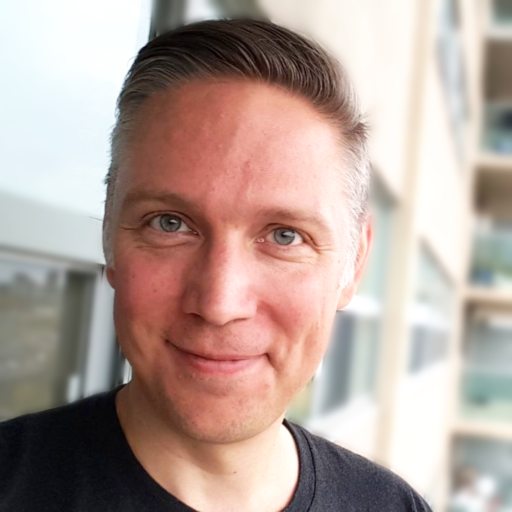 Ryan Melsom has a PhD in literary studies and has spent over twenty years working in communications, design, and writing. His third book Clickbait: A Seeker’s Guide to Meaning in the Modern World is now available everywhere. For more by Ryan, follow him on Twitter @ryanmelsom, or subscribe to his Facebook page.
Ryan Melsom has a PhD in literary studies and has spent over twenty years working in communications, design, and writing. His third book Clickbait: A Seeker’s Guide to Meaning in the Modern World is now available everywhere. For more by Ryan, follow him on Twitter @ryanmelsom, or subscribe to his Facebook page.







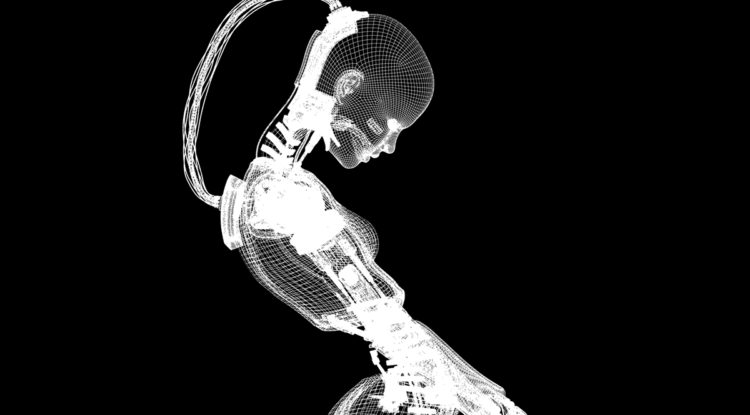
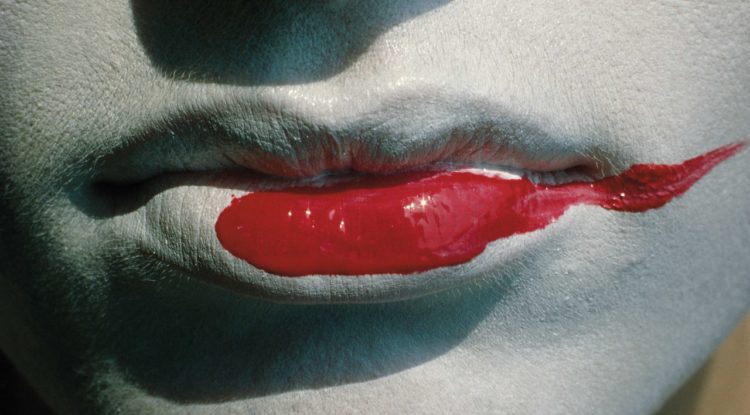



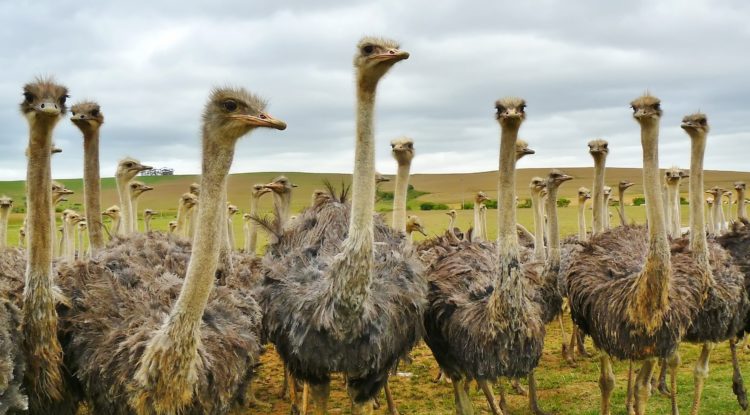




















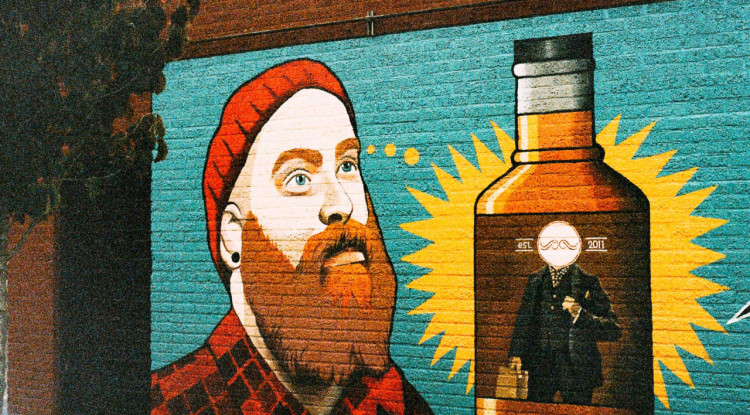
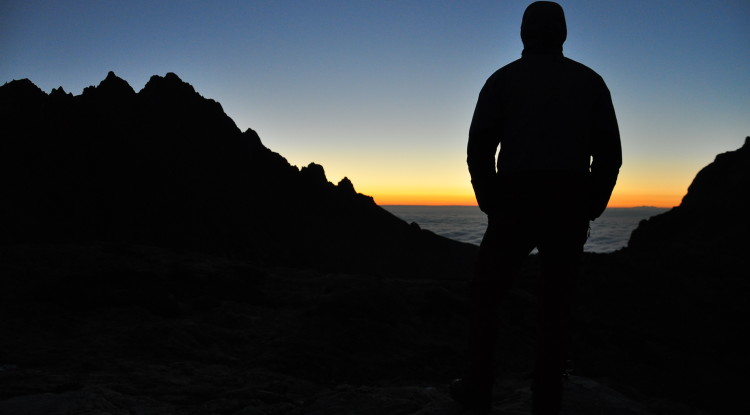



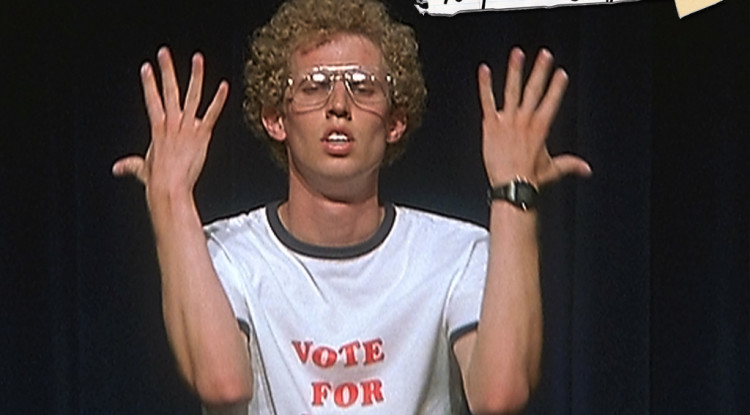



Leave a Reply
You must be logged in to post a comment.